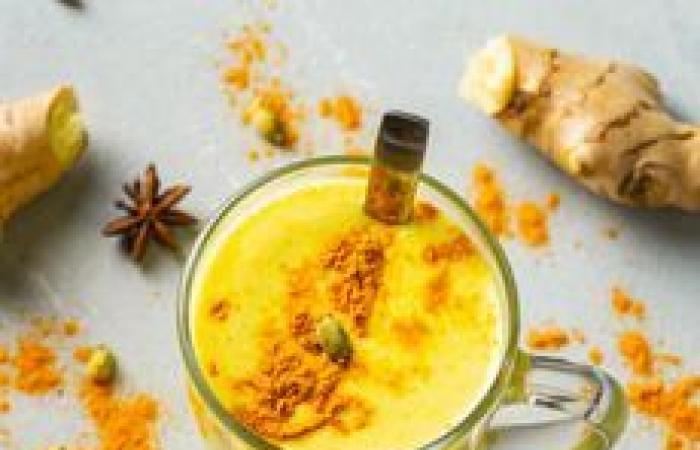Hazelnut coffee or latte is a little gourmet pleasure for many French people.
However, the combination of the two products can cause numerous inconveniences, particularly to the digestive system.
It is advisable to replace cow’s milk with vegetable milk.
Follow the full coverage
Feeling good in your body, feeling good in your head
Many of us pour a few drops of milk into our breakfast coffee. It is not uncommon, after tasting a hazelnut coffee, to experience digestive discomfort. For what ? Because coffee and milk still don’t go very well together.
-
Read also
Golden milk: what is this miracle drink that boosts your immune system?
Coffee with milk: a combination that can upset the digestive system
For naturopath Virginie Fleur, the “Coffee with milk is a bomb for digestion“. She explains to us that “the mixture of the two is explosive, because the tannins in coffee coagulate the casein in milk and then make it very difficult to digest“. Tannin is a plant substance from the polyphenol family and is an antioxidant.”The tannins and casein in milk will form clots, which causes bloating.”
However, the naturopath specifies that these effects do not concern everyone. Indeed, for some people, drinking coffee with milk will not cause any discomfort. For others, coffee with milk or a latte can be accompanied by digestive discomfort, bloating, nausea, or even accelerated transit. The reason? Milk contains proteins with a satiating effect, but it also contains lactose. It is supposed to be absorbed by the small intestine by a very specific enzyme, namely lactase. But, with age, this enzyme tends to decrease. When you stop drinking milk, it disappears completely and it becomes more complicated to digest it.
Furthermore, milk increases the acidity of the coffee. Consumed in the morning, on an empty stomach, it “can increase the acidity level in the stomach” and cause heartburn or acid reflux, especially in people suffering from GERD (esophageal gastric reflux). The combination of the two foods “also has the effect of accentuating the laxative side of coffee”. It also increases blood sugar levels, especially since when we drink a latte, we tend to add sugar to this drink, making it particularly high in calories.
What does science say?
Scientists are not all in agreement on the effects of the milk and coffee combination. A recent study conducted by researchers at the University of Copenhagen has shown that coffee with milk may even have anti-inflammatory properties. According to the researchers, consuming polyphenol-rich foods such as coffee combined with the amino acids in milk boosts antioxidants and reduces inflammation that can be felt in the body.
What to do if you want to continue drinking latte?
For those who can’t stand drinking black coffee and for whom milk is essential, it is always possible to swap cow’s milk for plant-based “milk”. However, you have to choose carefully. “Almond or rice milks should be avoided because they are very sweet and cause blood sugar levels to spike.“, specifies Virginie Fleur. Another possibility: opt for chicory instead of coffee.







